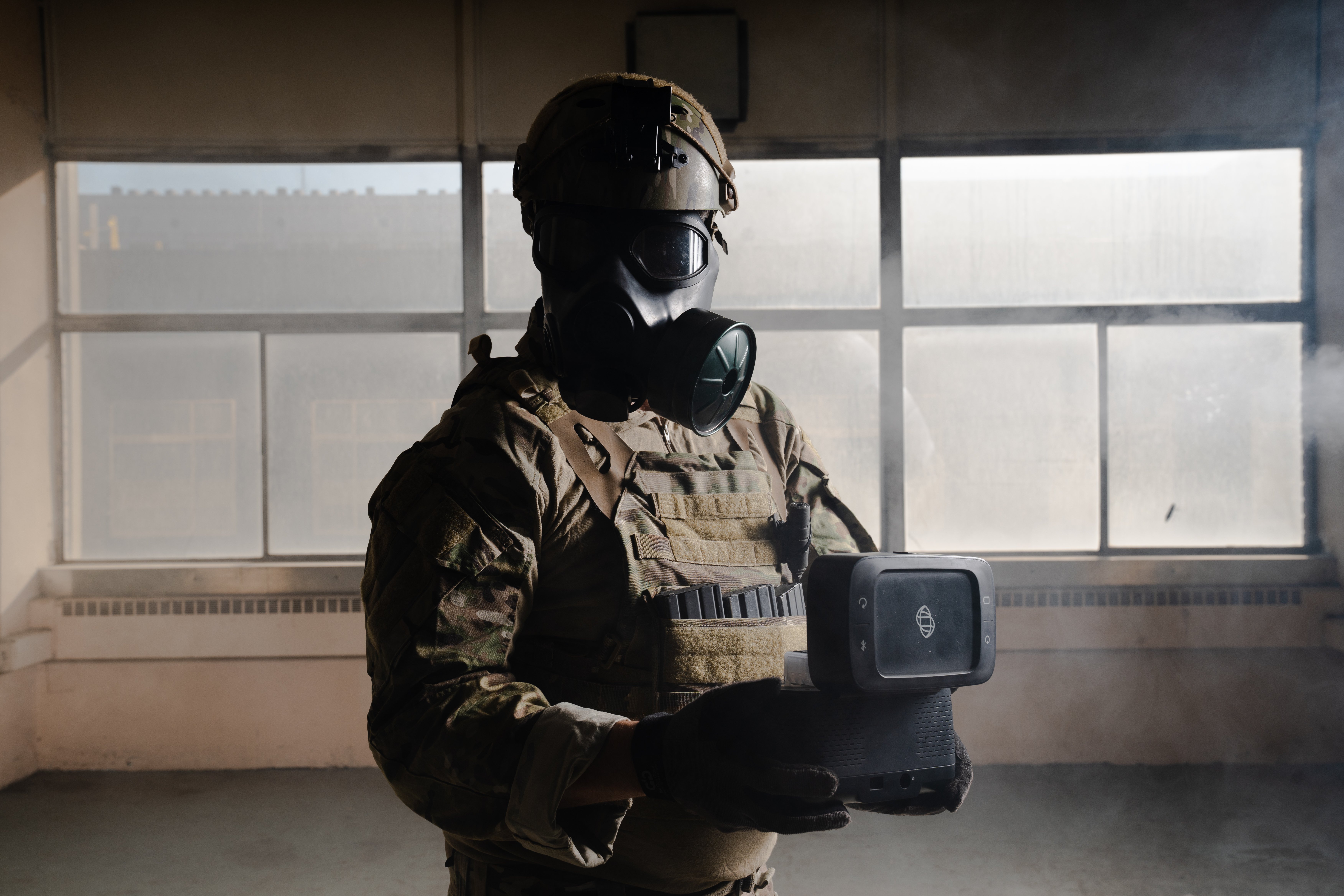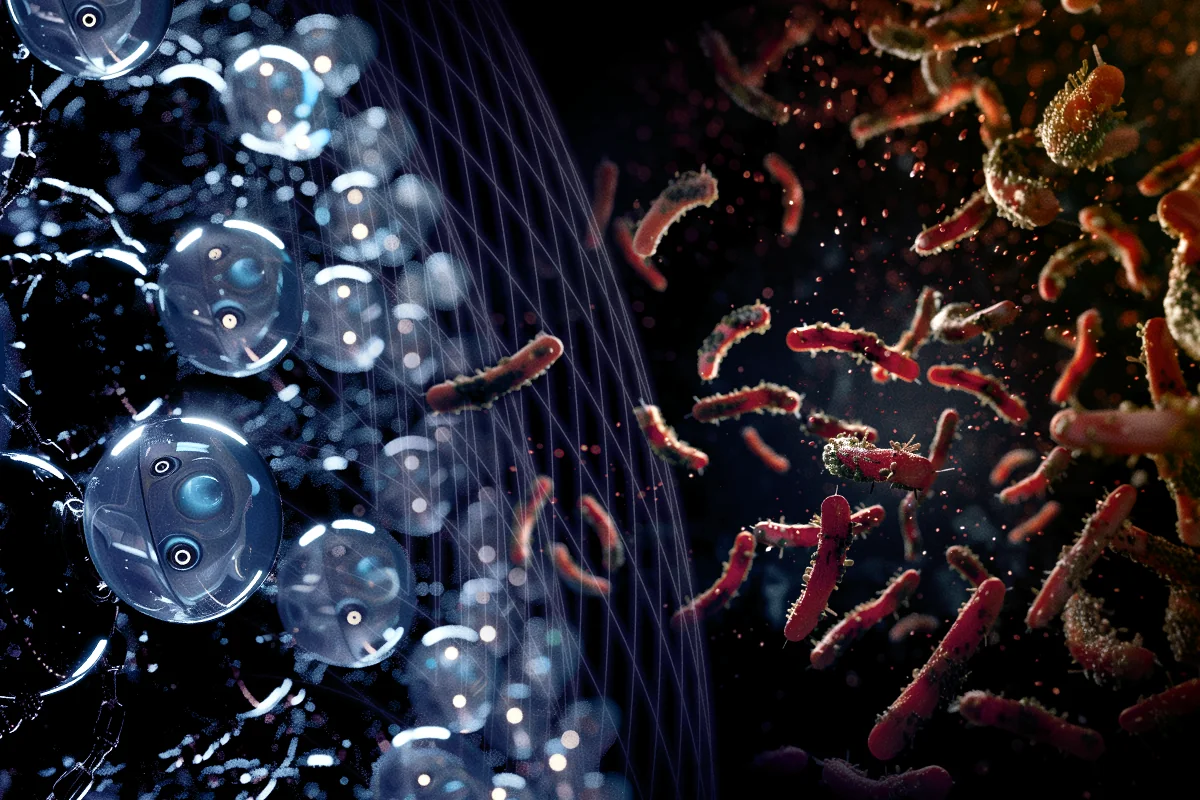
Written By: Biomeme Staff
With the rapid advancements in bioterrorism, the landscape of potential threats faced around the world is evolving. Among the many establishments navigating these challenges, the U.S. State Department's 250-plus embassies and consulates hold a critical position.
As those in the profession know all too well, the “unidentified white powder” incident is all too common. In these situations, it is critical to know — as soon as possible — if the substance in question is innocuous or hazardous, and what level of danger may be present. Prompt identification of these mysterious powders has traditionally been a challenging task, but that is changing.
Today upon encountering such an unidentified threat agent, the standard protocol requires sending the suspicious substance in question to a specialized laboratory for testing, often located outside the embassy. This approach introduces significant time delays, logistical hurdles, strains resources, and keeps embassy personnel in a state of uncertainty. These delays can last days — an unacceptable timeframe in our rapidly changing world where timely information is critical.
Biomeme’s accurate, rapid, on-site PCR testing platform solves this challenge. Its compact and portable design allows it to be easily integrated into any embassy or consulate’s workflow. That allows samples to be tested on site and to receive results within minutes, effectively eliminating the current delays in getting such results.
Integrating Biomeme’s field-forward systems within our embassies would usher in a new era of biosecurity. When quicker results are rendered, professionals can make swift decisions, defuse crises, and determine the most appropriate course of action. Biomeme also mitigates the need to transport potentially hazardous samples for testing, alleviating the burden on centralized laboratories and minimizing logistical resource demands.
These improvements not only expedite response times but also enhance personnel safety, reducing the risk of exposure to potential real-time threats. This reinforces the nation’s commitment to cutting-edge biosecurity and its dedication to safeguarding the well-being of its international personnel and the communities in which they operate.
Read more: Inside Biomeme’s Partnership with the U.S. Department of Defense
International diplomacy is fraught with complexities and unpredictable challenges. U.S. embassies and their personnel deserve state-of-the-art tools to ensure their safety and operational efficiency. Embracing Biomeme’s technologies can significantly enhance the State Department's biosecurity capabilities, reflecting a modern, agile approach to global diplomacy in the 21st century.
Ready to bolster biosecurity together? Let’s get started.
Research Use Only. Products currently under development and not approved/cleared by the FDA.
Get the latest tips from Biomeme shipped right to your inbox

From the battlefield to the kitchen table and everywhere in between, antibiotic resistance is cropping up in—and being battled—in new and evolving ways. Antibiotic resistance (ABR) fits under the...

Overuse of antibiotics has led to a losing battle against mutating, drug-resistant bacteria. A restrained approach to antibiotic prescription will be key to addressing this massive global health...
401 North Broad St Suite 222 Philadelphia, PA 19108